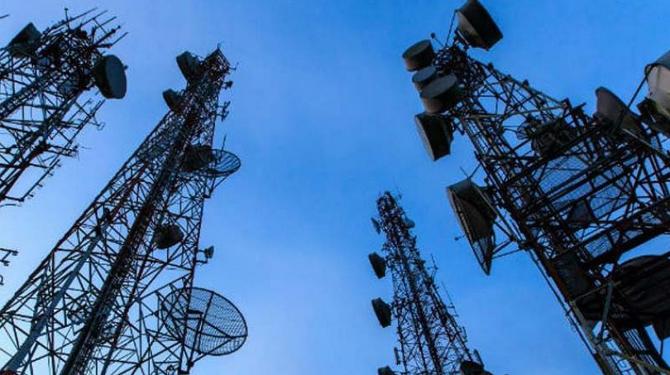Reliance Jio has suggested an alternative plan to the The Telecom Regulatory Authority of India (Trai) under which spectrum required by non-geostationary orbit satellite (NGSO) operators to run their gateway terminals should be auctioned geographically, based on districts, rather than circles as done for mobile services.

For spectrum which would be required to connect user terminals (like individual homes), Jio has suggested it should be auctioned frequency-wise and exclusively to an operator at a pan-India level.
The move is significant as the auctioning of satellite space spectrum has been vehemently opposed by low earth orbit satellite operators (satellites which circle at low altitudes of 200-2000 km).
The opposition has been led by the Sunil Mittal-controlled OneWeb. In a recent interview to Business Standard, Mittal said that if India auctions the spectrum, OneWeb will stay away.
He also said he has not heard of anyone explaining how it can be auctioned, especially as there is no precedent.
Mittal is supported by Amazon’s Kuiper, Tata Communications, Hughes Communications, and associations like Nasscom, and Broadband India Forum who have told the regulator they want space spectrum to be allocated administratively.
The Department of Telecommunications, however, favours auctioning.
The gateway terminals play a key role in receiving the feeder link from the satellites as well as aggregating the traffic of all user terminals served by the satellite.
Jio executives said the spectrum should be auctioned (in the KU, KA band) district-wise where an exclusion zone — of around 1-2 kilometres where IMT (GSM bands) cannot operate — is created for setting up the terminal.
The government could fix a minimum base price for spectrum for the terminal.
“We think anything between 100-200 such districts can be identified in the country as many districts in border areas or shadow zones cannot be of use and these should be offered for auction,” said a source close to Jio.
To ensure competition, no player can bid for more than 10 districts or 10 per cent of the total number of districts put under auction.
According to estimates, about 10-20 terminals are expected to be set up by the various players collectively to begin with which would go up with more customers.
In the case of spectrum for linking user terminals, Jio has suggested an auction for pan-India spectrum with a minimum block size of 10 MHz and a cap of 30 per cent of the total blocks available in a band which could be allocated for 20 years.
Unsold spectrum from previous auctions, expired spectrum, and newly assigned spectrum would come up for auction every year just as in mobile services.
Jio has suggested that the spectrum reserve price for the auction should be kept low at 50 per cent of the valuation of the spectrum instead of 70 per cent currently in telecom auctions.
Jio’s communication to the Trai also challenges some myths on the assignment of spectrum which it says have been spread by rivals who want spectrum to be assigned administratively so that they can ‘obtain’ an unfair advantage over terrestrial networks.
Jio said the argument that satellite spectrum assignment is done by the International Telecommunication Union (ITU) is wrong, as assignment of spectrum within a nation’s jurisdiction is an inherent sovereign right.
ITU only focuses on assigning orbital slots and managing interference.
Responding to the view that satellite spectrum is not auctioned anywhere in the world, Jio countered by pointing to several countries such as Saudi Arabia and Thailand which have embraced diverse transparent and competitive auction methods to assign frequency for satellites.
While providing details on the plans of satellite communications operators such as OneWeb, Starlink, and Kuiper, among others, Jio concludes that their statements and reports indicate that NGSO satellite operators are strategically planning their networks to compete with terrestrial communication services.
This, said Jio, is reflected in ‘their business plans which allocate a substantial capacity for access services, demonstrating their explicit intention to instigate competition with terrestrial networks’.
It is crucial, therefore, according to Jio, that spectrum assignment for networks offering competing ‘similar services should be uniform and fair’ and auctioning emerges as the sole viable strategy.











